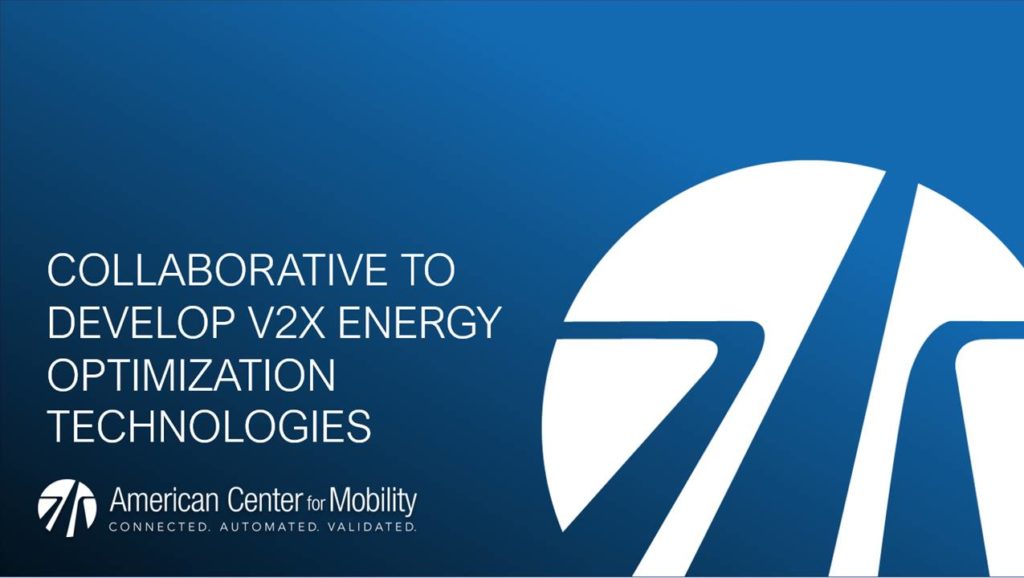DOE Awards $2m to Collaborative to Develop Connected and Automated Vehicle Energy Optimization Technologies

Michigan Technological University (MTU), AVL Powertrain Engineering Inc. (AVL), Borg Warner (BW), Traffic Technology Services (TTS), American Center for Mobility (ACM) and Navistar (NAV) have been awarded a $2M DOE grant to collaborate on the development of new connected and automated vehicle control technologies that will coordinate and optimize the powertrain and vehicle dynamics behavior of vehicle cohorts comprised of light and heavy duty, from fully electric to conventional propulsion systems to reduce energy consumption. The team will develop the technologies in the virtual domain and transition them to a mixed vehicle test fleet to demonstrate energy reduction potential of connected and cooperative vehicle cohort operations on connected traffic infrastructures at American Center for Mobility.
The collaborative effort intends to use connected vehicle and infrastructure data of a small, but diverse group of vehicles and their powertrains to reduce energy consumption on certain traffic infrastructures such as intersections, arterial roads, and highways. The technology will homogenize the behavior of this mixed group of vehicles that are traveling in proximity to each other such that the groups’ net energy consumption is reduced. This is accomplished in theory by the vehicles sharing specific data with each other that is then optimized by a cloud computer or distributed set of computers. In some instances, the cohort will receive data from connected infrastructure including traffic lights that factor into the energy optimization problem.
“Industry is more motivated then ever to accelerate vehicle electrification technologies to help reduce energy consumption, and at the same time we know we will need to address vehicles that are not fully reliant on one source of power. This project is interesting because it seeks to build a technical solution that will create energy efficiencies by sharing information between vehicles and infrastructure to find the most efficient pace for vehicles to move in unison. ACM offers a safe and technologically equipped infrastructure that is ideal to this type of test and validation work. We anticipate the outcomes to be real game-changers in the V2V-V2I fuel economy conversation.”
The project will kick off in the next several weeks and will run through 2023. For more information on the project and the American Center for Mobility, please contact Dawn Thompson 248.918.9555 | [email protected].
